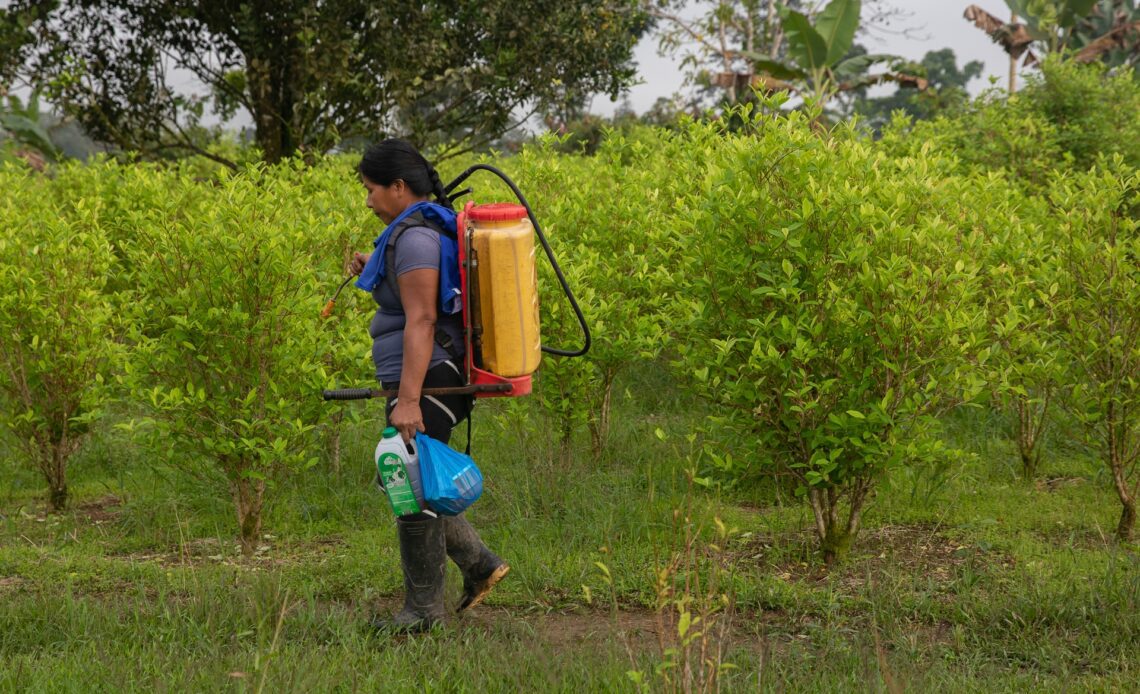Bogotá, Colombia — After promising to radically change Colombian drug policy, the administration of President Gustavo Petro has announced plans this month to reduce forced eradication efforts that, for decades, have remained one of the country’s chief strategies to curb coca, the raw ingredient in cocaine.
Illegal coca farming is big business in Colombia. The country is the world’s largest cocaine producer, and the cultivation of the coca plant recently hit record levels, with the United Nations Office on Drug and Crime (UNODC) estimating that 204,000 hectares (504,095 acres) were dedicated to its production in 2021.
In an effort to combat the drug trade, Colombia has historically deployed security forces to fumigate and manually remove coca crops from the ground. But the left-wing Petro administration has promised to shift tactics, moving away from policies that disadvantage subsistence farmers and promising instead to pursue drug-trafficking leaders.
On January 10, Colombia’s National Police announced a 60-percent reduction in its eradication targets for 2023, saying it will destroy only 20,000 hectares (49,421 acres) of coca crops. That is a drop from last year’s target of 50,000 hectares (123,553 acres), though only 44,000 hectares (108,726 acres) were ultimately eradicated after coca farmers protested.
The government is expected to announce eradication targets for the military, also charged with removing coca crops, at a later date.
The reduced eradication goals are the latest policy change in the administration’s ongoing effort to upend the decades-long War on Drugs, a campaign led by the United States that Petro, a former rebel fighter, has been critical of. His administration has announced plans instead to offer economic alternatives to coca farmers.
“We’re going to give oxygen to certain activities and to asphyxiate others: oxygen to the weakest links in the chains, to the coca farmers, and asphyxia to the traffickers, to the money launderers and mafias,” Minister of Justice Nestor Osuna said in December.
But as Petro experiments with a new anti-narcotics strategy, the president will face pressure, both internally and internationally, to reel in the expanding coca industry.
“Petro’s point of view is completely different,” said Gimena Sánchez-Garzoli, Andes director of the Washington Office on Latin America, a research organisation. “But in particular, it’s…

